TEHRAN(Bazaar) –Marc Finaud, Associate Fellow at the GCSP at the Geneva Centre for Security Policy (GCSP), says Iran’s membership in BRICS is a good opportunity to come out of isolation, overecome U.S. sanctions, and become integrated in a group of emerging economies.
He adds that “The main importance for the BRICS is that Iran is joining along with three other Middle East countries (Egypt, Saudi Arabia, and UAE), which contributes to shifting the economic and geopolitical balance of the group.”
Following is the full text of interview:
Q: Since January 1, 2024, Iran has officially become a permanent member of the BRICS. What is the importance of this membership for the BRICS group?
A: The main importance for the BRICS is that Iran is joining along with three other Middle East countries (Egypt, Saudi Arabia, and UAE), which contributes to shifting the economic and geopolitical balance of the group. Thanks to this presence, now the share of the world's oil production doubled to 43%.
Q: What is the importance of this membership for Iran?
A: For Iran, it is a good opportunity to come out of isolation, overcome U.S. sanctions, and become integrated in a group of emerging economies with now half the world's population (and related markets), almost one third of the world's gross domestic product in nominal value, as well as global influence.
Q: BRICS and Shanghai Cooperation Organization (SCO) are among the organizations that some experts believe will manage the ‘Global South’. What is your assessment?
A: This may be true but only partially. There are other important emerging economies that will gain global influence without necessarily being integrated in either the BRICS or SCO, such as Mexico, South Korea, Indonesia, Nigeria, or the Philippines.
Q: Considering agendas such as de-dollarization in BRICS and SCO, do you think these organizations will be able to challenge the western order in the international system?
A: This objective may be common to many members of those organizations, but not all of them are following the current trend towards de-dollarization. Globally, the US dollar is still the predominant currency for most of the foreign currency exchanges of the emerging economies and will likely remain so for a long time. The use of BRICS' national currencies for cross-border trade is made more costly by inadequate financial infrastructure. Also, because commodity prices are still settled in dollars, commodity-dependent countries (Argentina, Brazil, Ethiopia, Russia, Saudi Arabia, and the UAE) still use the dollar extensively. What can happen is that the upcoming "BRICS Bank" will offer funding for development projects as an alternative to still western-dominated World Bank and International Monetary Fund.
Q: India plays a balanced policy against the East and the West, and its membership in BRICS and Shanghai shows that Delhi does not pursue all its interests in the West. In your opinion, this issue will not be a challenge for such countries in the future, and it will be possible for them to follow a ‘hedging strategy’?
A: Indeed, India, with soon the largest world population and a growing economy, wants to ensure it is not dependent on either the United States/West or Russia/China. For example, before 2020, India imported nearly 60% of its armaments from Russia, while this share has now dropped to 45% and the share of the United States is increasing to over 11% with that of other western suppliers (France, Israel). Other key BRICS Plus countries (Argentina, Brazil, South Africa, Saudi Arabia, Egypt, UAE) will pursue an economic integration more with the West than with the East because they find it more consistent with their national interests. Indeed, the eastern economic models are still marked by high social inequalities, lagging behind in terms of research and development, low productivity or dependency on exports.

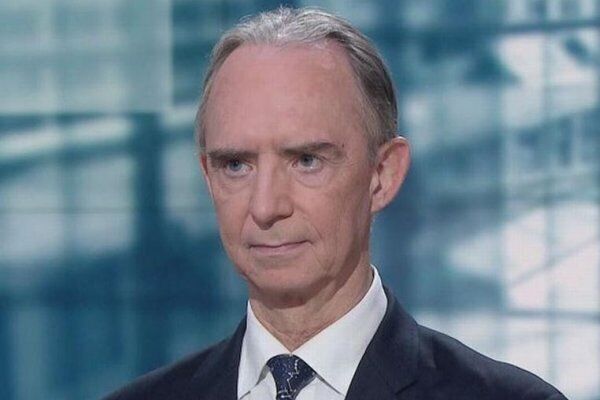



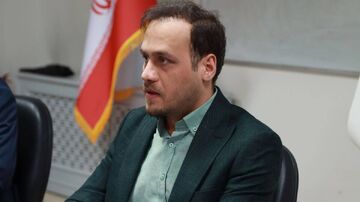
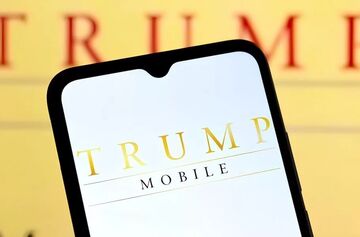
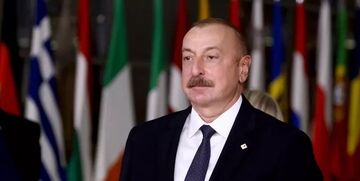
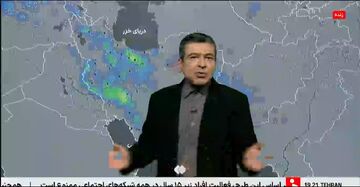


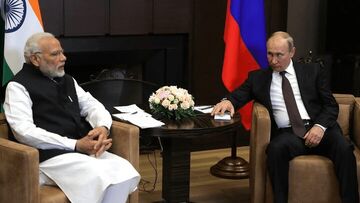
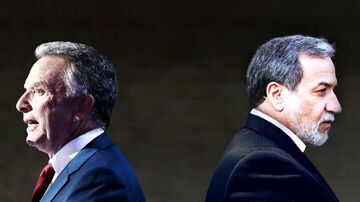

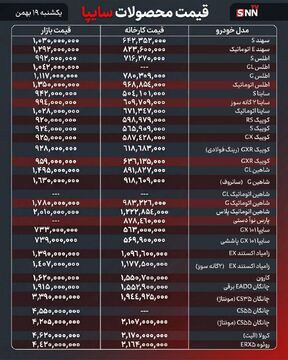
نظر شما